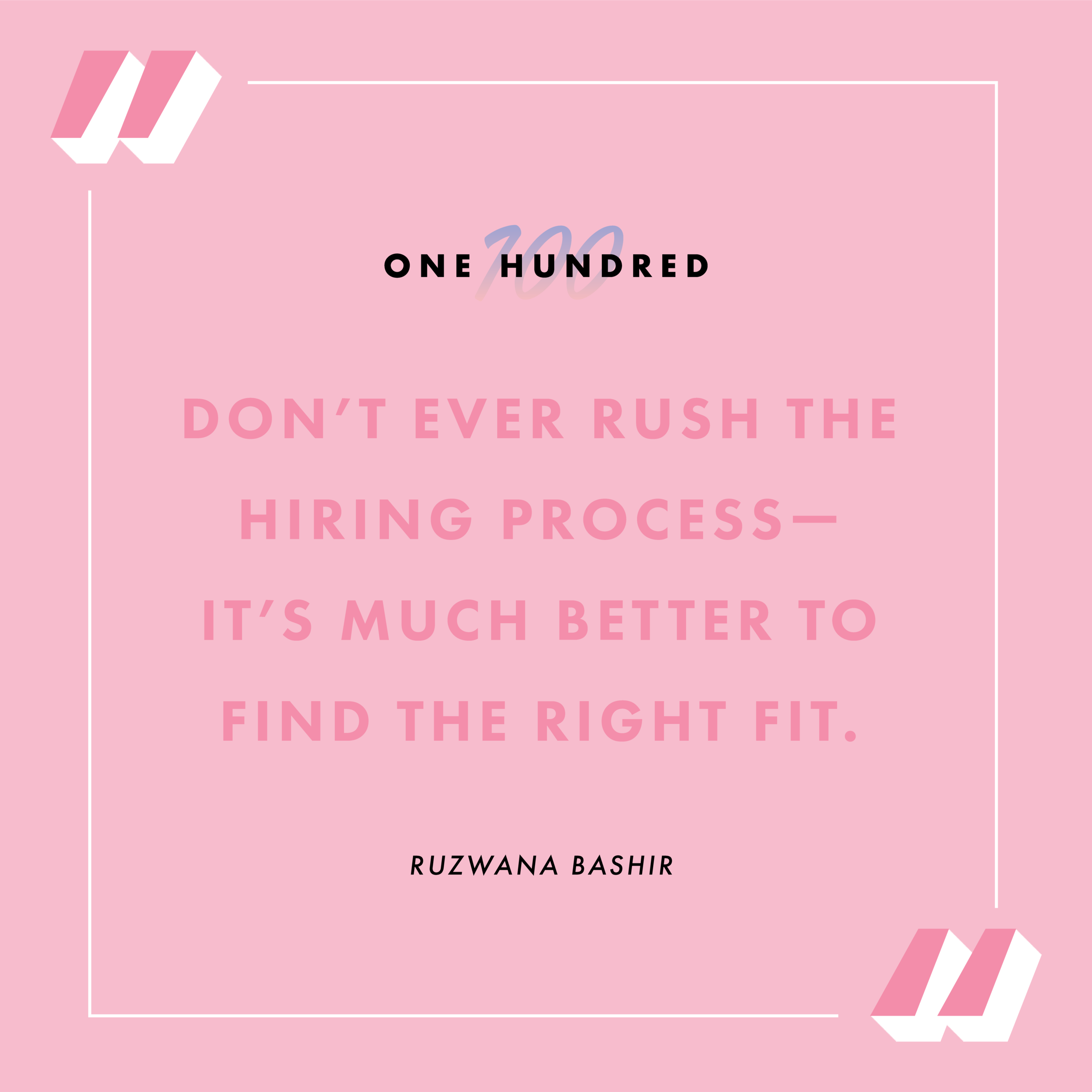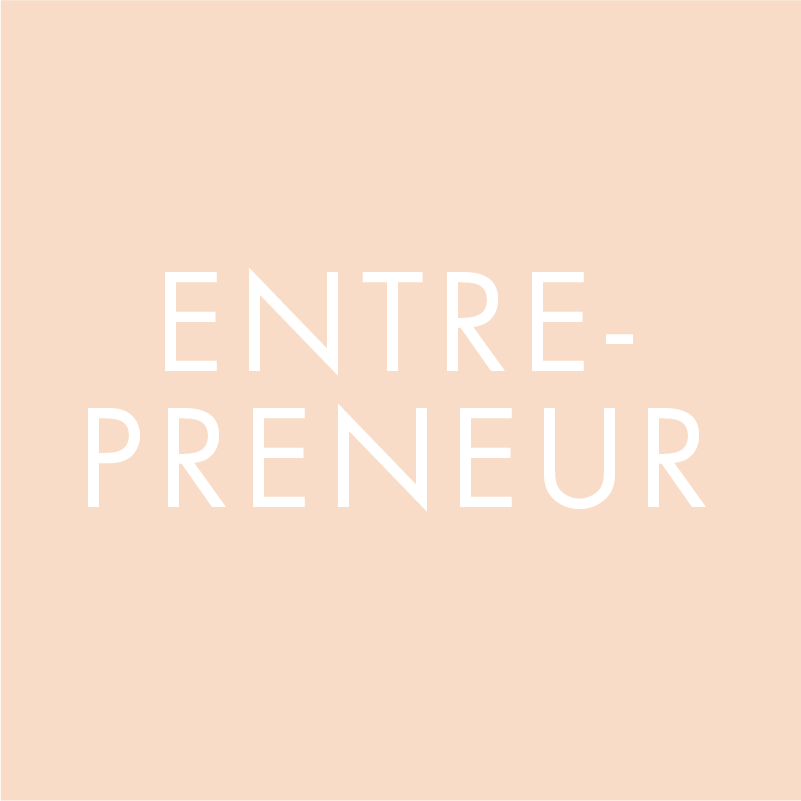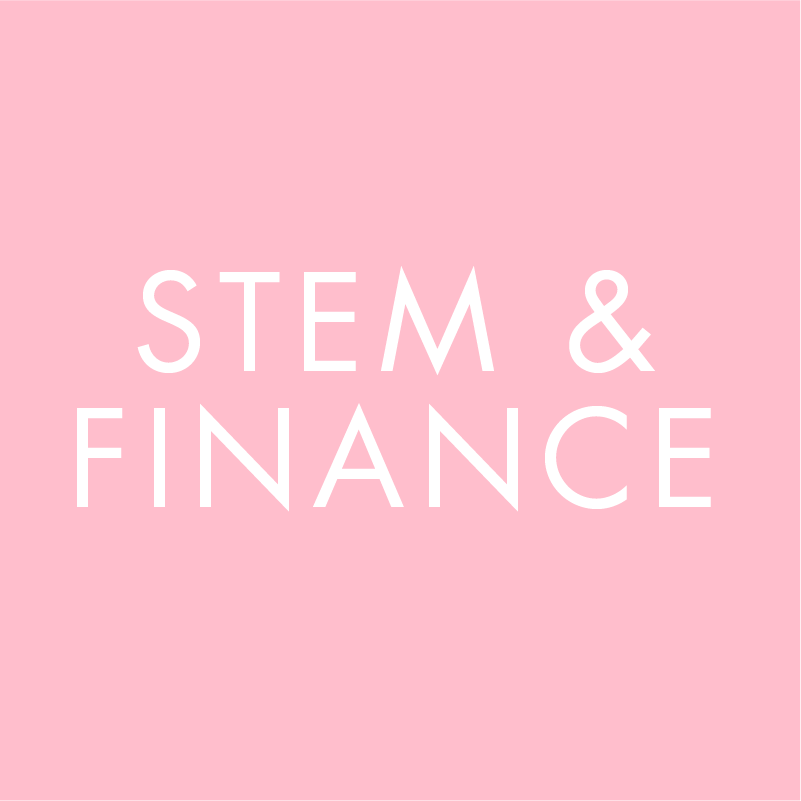Ruzwana Bashir is bucking tradition. An Oxford and Harvard MBA graduate, she left a successful career in finance to launch Peek, a travel company that makes booking activities and tours easy. After spending upwards of 20 hours planning a vacation to Istanbul, Ruzwana thought, There has to be a better way to do this. So she took a big risk, moving from her stable job at The Blackstone Group to relocate to Silicon Valley and build her dream from the ground up. We caught up with Ruzwana to hear her advice for budding entrepreneurs.
What inspired you to create your travel booking company, Peek? What did you see missing from the market?
I was organizing a birthday trip to Istanbul with my friends. I spent 20 hours researching what the best things to do there were and calling far-flung activities companies to try to book the experiences I'd discovered. The whole process ended up being lengthy and frustrating, so I found myself wishing that there was a one-stop shop to book amazing activities online - but it didn't exist, so I figured it was time to build it!
You’re quite academically accomplished—you have an MBA from Harvard Business School, where you were a Fulbright Scholar, and a BA in Economics from Oxford University. How has your education influenced your career path? What advice would you give to budding entrepreneurs who don’t share your prestigious academic background?
Going to business school was a huge influence in my career. It was in business school that I got my first experience in startups, and it also brought me to the United States. Before that, I had been working in finance and private equity in London for a few years, but I knew I wanted to be an entrepreneur. My experience in business school reaffirmed that I wanted to start a business in America.
The best advice I could give to interested entrepreneurs is to that If you are going to start a business, try to work at a startup first. I learned so much by working at Gilt and Art.sy, mostly that I loved the environment. Go try it out to see if you like the lifestyle before diving in headfirst by starting your own.
When you hit a bump or hurdle in your career, how do you find new roads + switch gears to find success?
Every time that I’ve felt like something is tremendously challenging, or I felt like I couldn't achieve something and then I did, I grew new muscles on how to take on challenges in the future. For me, it’s about not being afraid of failure, and learning from each challenge and obstacle.
What about your job makes you feel the most fulfilled?
It’s so fulfilling to see that we’ve been able to achieve millions of customers, and hundreds of millions of bookings through our platform already. It’s crazy for me to think about the journey that me and my co-founder Oskar Bruening had. We started out eating grilled cheese sandwiches and working incredibly late trying to get something started. Now we get to have this huge team of amazing people, many of whom are more talented than we are, who are all inspired by the same vision. I’m very motivated by learning, so my own personal growth has been fulfilling as well. When we started, I was not as prepared and didn’t know anywhere near as much of what it took to build a company. I’m excited to continue that learning as Peek continues to grow.
You have large corporate teams in both Utah and Silicon Valley. What’s the best advice you can give a new business owner when it comes to scaling up?
When you’re scaling up, you can feel a pressure to try to do it quickly, but my advice is don’t ever rush the hiring process – it’s much better to find the right fit.
What’s been the biggest surprise or highlight of your career to date?
When we first started Peek, we were approaching activities from a consumer perspective trying to create a solution to make booking experiences easier. As time went on, we realized that the small businesses that offer these experiences actually have even more challenges. Lots of the operators we work with had been running their business the same way for a long time, and didn’t know how to bring their business to the digital age where the majority of their customers were. That realization was a big surprise to us, and we ended up focusing a lot of our attention building software tools that would allow these small businesses to provide a great experience for their guests online.
What’s the best piece of advice you’ve ever been given?
To be persistent. Nothing that is worth doing is ever easy.
“It’s really important that we encourage mentorship with women, and acknowledge our own biases when it comes to who we are giving opportunities to. ”
What women do you look up to? Why?
Rather than trying to emulate any one individual, I tend to admire specific attributes in different individuals. They range from the authenticity of someone like Oprah Winfrey to the persistence of Margaret Thatcher or the empathy of my good friend Farrah Jarral, who is a doctor working in inner-city London.
What are the common challenges you've seen among female business owners and entrepreneurs?
Being able to raise capital. Women CEOs typically get about 2% of venture capital which is such a small percentage of what’s available. In the early stages of fundraising, so much of investor’s decisions are based on the entrepreneur themselves. It’s human nature to feel a connection with someone who reminds you of yourself, and in 2018 less than10% of decision-makers in venture capital firms were women. There’s a bigger issue here with women not having the same level of opportunity as men, especially in the workplace. In order to shrink this gap, it’s really important that we encourage mentorship with women, and acknowledge our own biases when it comes to who we are giving opportunities to.
















